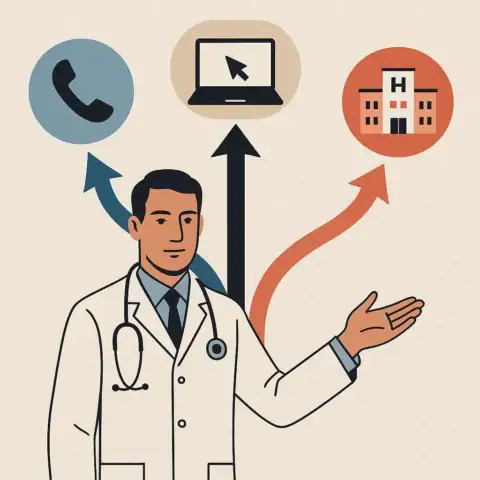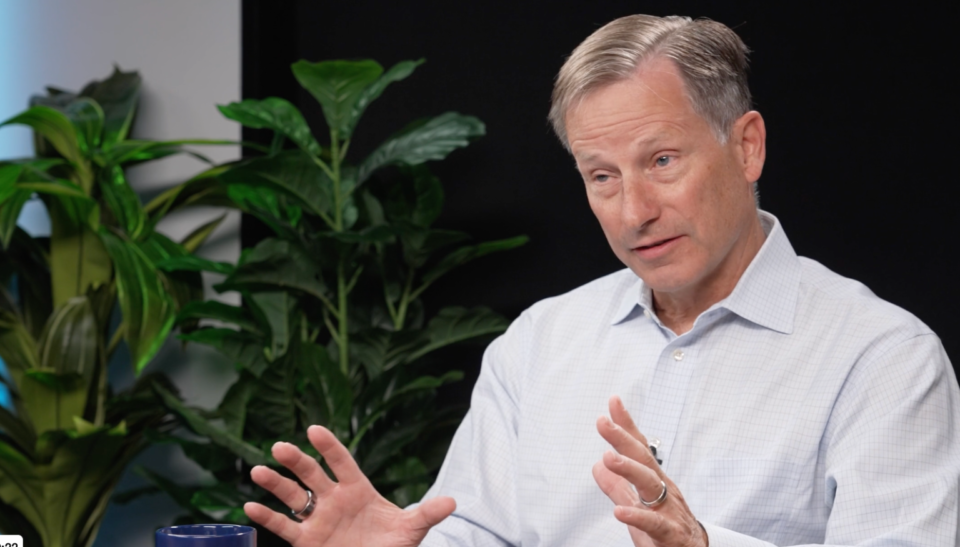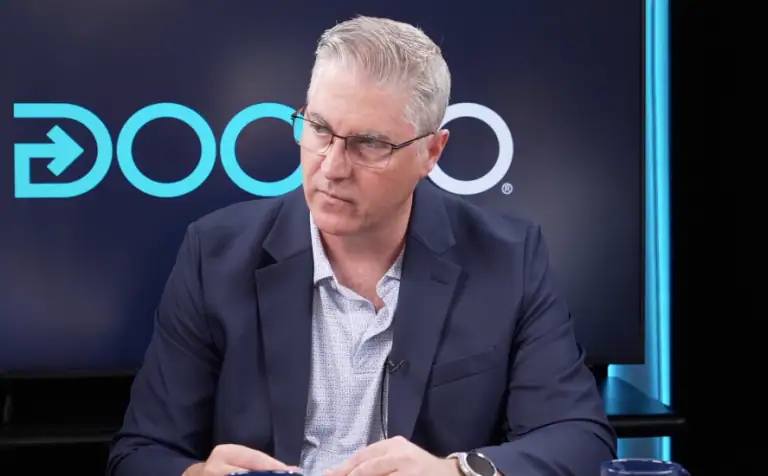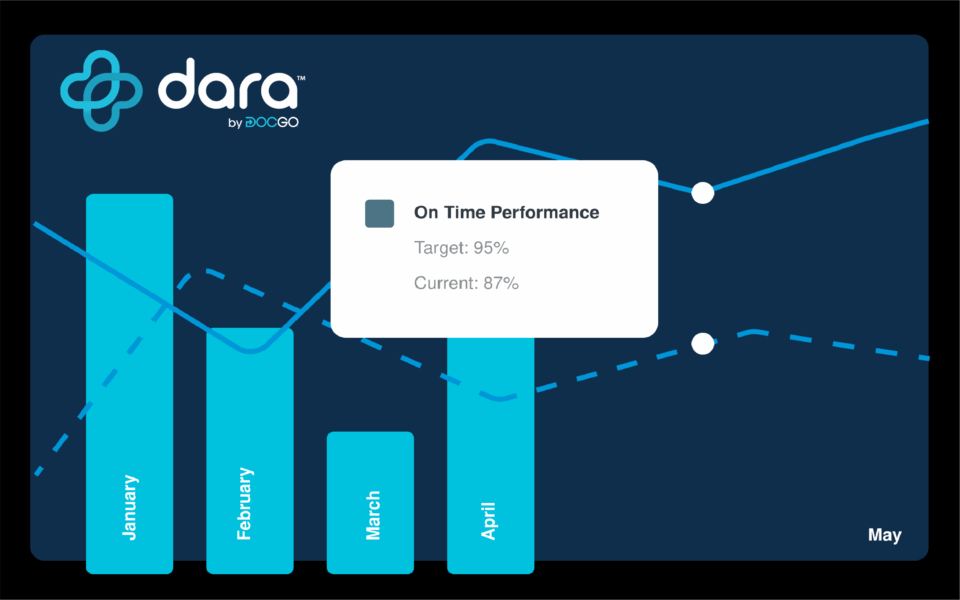Sala Webb, MD is a transformative physician executive dedicated to advancing and evolving healthcare systems. With a focus on serving marginalized populations, she has played a pivotal role in helping multiple states implement innovative, cross-functional programs designed to promote optimal health for youth and their families. Dr. Webb is a valued new member of DocGo’s Medical Advisory Board.
What inspired you to join the DocGo Medical Advisory Board?
Like all great 21st-century love stories, I first connected with DocGo online—after they reached out to me through LinkedIn! I was intrigued to learn how they had evolved from a medical transportation company to a mobile healthcare provider that provides more than 1.5 million patient interactions in 2024, including behavioral health services.
My career began in adult general psychiatry before specializing in adolescent and pediatric psychiatry. Having worked extensively with vulnerable populations such as Medicaid recipients, youth in foster care, and human trafficking survivors in Arizona. I recognized a unique opportunity to make a significant impact on the healthcare sector through DocGo. The DocGo Clinical Practice Group provides a comprehensive suite of healthcare services including areas like cardiology, emergency care, and primary care, but behavioral health remains an untapped area with immense potential. I feel privileged to sit alongside esteemed colleagues with expertise in chronic conditions, nephrology, cardiology, and emergency care while contributing my distinct perspective as the only member with expertise in behavioral, psychiatric, and pediatric care.
Just recently, Dr. Powell [CEO of DocGo’s affiliated Clinical Practice Group and fellow member of the Medical Advisory Board] and I discussed opportunities for DocGo to enter the behavioral health crisis space, particularly emergency psychiatric care. Many states are seeking mobile crisis response models, and DocGo, supported by its affiliated clinical practice groups, is positioned perfectly to meet this demand. With the right personnel, including mobile behavioral health technicians, we can deliver high-impact services without relying solely on psychiatrists.
How has virtual care changed child and adolescent psychiatry since the COVID-19 pandemic?
The pandemic significantly accelerated telepsychiatry and spurred the development of digital health tools, such as mobile coaching apps and curated content libraries for specific conditions. Apps like PYX, which provide peer support and coaching, are particularly beneficial for young people who prefer talk and text over traditional therapy. These tools provide valuable resources to parents and ensure children and adolescents have access to reliable, research-based behavioral health information.
It also was a time period where we saw the creative yet effective adaptation of traditional interventions such as Intensive Outpatient Programs (IOPs) and Partial Hospitalization Programs (PHPs) to the virtual platform, allowing for enhanced accessibility to evidenced-based treatments.
Do you think digital health will make in-person behavioral care unnecessary?
The pandemic significantly accelerated telepsychiatry, but it also exposed gaps in access. Many vulnerable populations still lack the infrastructure for regular telehealth appointments, such as reliable Wi-Fi or devices like smartphones, tablets, or computers. Adolescents and young adults adapted well to mobile or tablet-based services, but many individuals with neurodevelopmental and other disabilities struggled without in-person providers.
I recently spoke with a young woman with severe social anxiety who wanted to overcome it by interacting with more people, and she felt that participating in virtual group therapy would be a good first step. A sense of community and relationship-building is vital for some patients.
There’s still a strong demand for in-person services, often driven by patient preference or need. Younger children, especially those with neurodivergence or autism, often need organic, in-person interactions. Behavioral interventions, such as teaching families how to manage repetitive or harmful behaviors, require live, dynamic care settings. Some interactions simply can’t be effectively replicated virtually. While virtual care is here to stay, a hybrid model tailored to individual needs is the way forward.
How has your experience across diverse care settings shaped your approach to psychiatry?
Working in juvenile justice, foster care, and other systems has taught me the importance of empowering young people in their own care decisions. There is the tendency for adults to prioritize their own goals without considering the opinions of the young person involved, which can alienate youth and undermine their trust in institutions.
To build trust, we must affirm their experiences and invite them to take ownership of their health. This collaborative approach fosters long-term engagement and better outcomes. Young people need to feel validated and heard.
What does proactive care mean to you in the context of mental health for vulnerable youth?
Proactive care begins early—with mothers and infants. Supporting maternal mental health lays the groundwork for healthier children. Schools also play a critical role, yet many educators feel ill-equipped to address behavioral health challenges.
Proactive care moves upstream from the patient, focusing on creating supportive environments at home and school. By fostering enriching spaces, we can prevent crises before they occur and help young people thrive.







